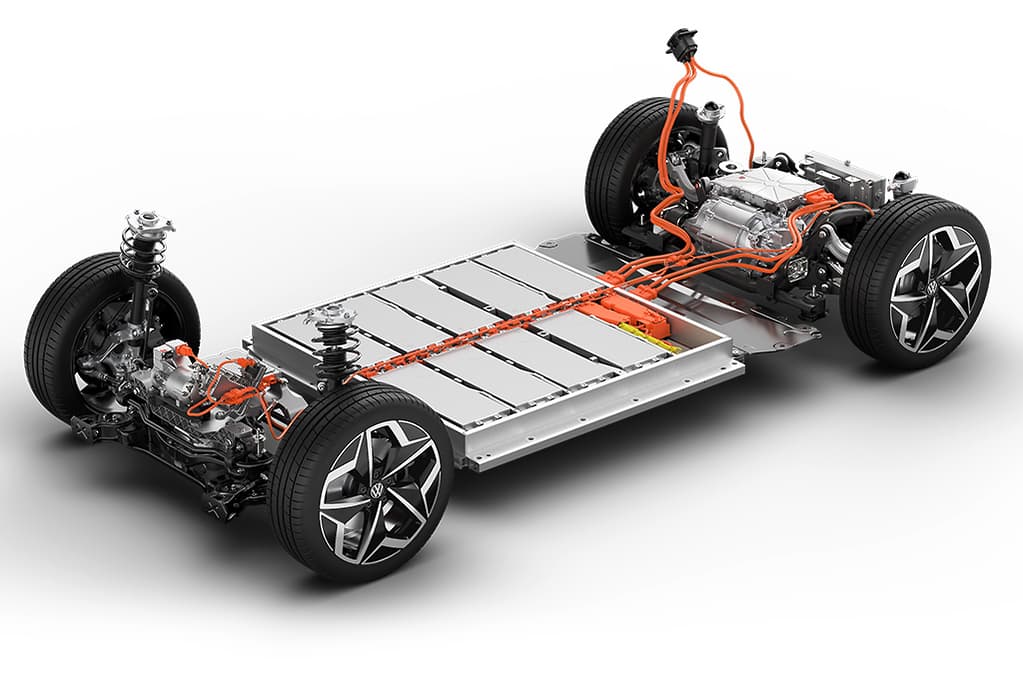The development of electric vehicles is advancing. Nissan recently revealed a prototype production facility in Yokohama, Japan for producing solid-state battery electric vehicles.
Nissan said in a statement “to establish a pilot production line at the Yokohama Plant by fiscal year 2024, with materials, designs and manufacturing processes for prototype production on track to be studied at the prototype production facility.” Nissan wants to bring its first EV with a solid-state battery to market by 2028.
Solid-state batteries are electric car batteries that contain solid-state battery chemistry. In theory, these types of batteries could charge faster, store and hold more power, and last longer than the lithium-ion batteries most EVs use today.
Nissan hopes to use batteries in its entire lineup of vehicles, including its pickup trucks. This solid-state battery is claimed to reduce the price of the battery pack to US$75/kWh by 2028 and eventually to US$65/kWh.
Solid-state batteries charge faster and offer about twice the energy density of lithium-ion batteries, potentially providing greater range, lighter weight and shorter recharge times. Thus, it can make electric cars more practical.
Batteries will help make EVs much more affordable and ultimately put them at the same price point as gasoline-powered vehicles.
Other automakers are also working to develop solid-state batteries. QuantumScape and Volkswagen plan to start selling it in 2024. Even Ford says it will have a solid-state battery it is developing by the end of the decade.
Toyota said last year that it wanted to start producing batteries in the mid-2020s but said it should continue research into the technology.

